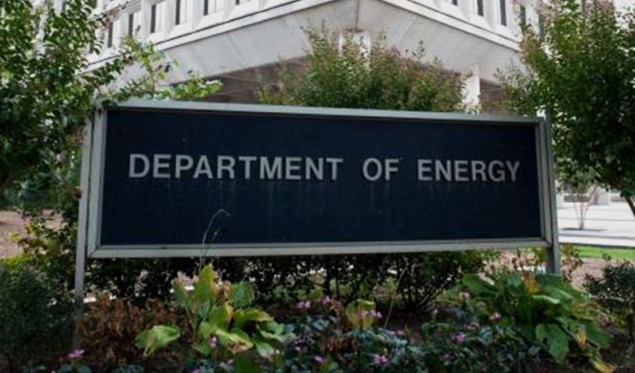
A senior US government advisory group has been saved from closure following a last-minute intervention from an agency within the Department of Energy (DOE). JASON — a group of often anonymous scientists that has advised the government on defence, security, and other issues for six decades – has been given a short-term contract by the DOE’s National Nuclear Security Agency (NNSA) after its work failed to be renewed by the Department of Defense last month. The group’s new contract will run until the end of next January allowing it to find and negotiate a fresh source of support.
JASON originated as a group of physicists funded by the defence department to spend the summer of 1960 studying scientific and technical issues arising from the struggle with the Soviet Union. Over the years, its membership has expanded to around 60, including many non-physicists too. The group has continued to spend summers advising on and suggesting remedies for problems relevant to government policy on military, intelligence, and national security issues.
The group’s recent problem-solving has gone beyond military- and nuclear-related matters. According to JASON’s chair — materials scientist Russell Hemley from George Washington University — it has, for example, advised the Department of Agriculture on using data related to crop production and the Census Bureau on its procedures. Indeed, in March the National Science Foundation contacted the group about a possible contract to examine concerns that overseas researchers funded by the foundation might present security risks.
[The move] appears to be part of a larger trend by federal agencies to limit independent scientific and technical advice
Steven Aftergood
Yet that future work was put at threat after the defence department announced on 28 March that it would discontinue its contract with the group at the end of that month. That decision left JASON without funding beyond the end of April – and desperately seeking alternative sponsors. Exactly why the defence department decided to cancel JASON’s contract remains unclear. The original agreement specified that JASON undertake an unlimited number of studies over the five years that ended on 31 March.
But in a statement on the cancellation, defence department spokesperson Heather Babb asserted that the department’s requirements for the group have changed. The department “will require only one study, rather than multiple studies,” she said. The cancellation, the statement continued, makes “the most economic sense for the department, and is in line with our efforts to gain full value from every taxpayer dollar spent on defence.”
New offer
Critics of the decision, however, take a sceptical view. “[The move] appears to be part of a larger trend by federal agencies to limit independent scientific and technical advice,” says Steven Aftergood, a senior research analyst at the Federation of American Scientists. He speculates that the group’s disagreement with government policies played a role in the decision, which he describes as “not good for the nation”.
Cancellation of the contract meant that JASON would lack the financial backing to carry out studies for other government departments. Those include the NNSA, which was considering agreements with the group on three issues relevant to the US nuclear stockpile. But when NNSA administrator Lisa Gordon-Hagerty examined the impact of cancellation on her agency, she decided to offer a temporary contract to give JASON time to find a new sponsor. The offer, which was made on 25 April, is similar to the defence department’s cancelled contract in all but length. It will start on 1 June and run for eight months and the JASON group has until 11 May to agree to it.
JASON had faced closure once before. In 2002 it refused an effort by the Defense Advanced Research Projects Agency, which oversaw its operations at the time, to decide on new group members. The affair was settled by a change in JASON’s administration. The non-profit MITRE Corporation took over its management, answering directly to the defence department’s undersecretary of research and engineering.



